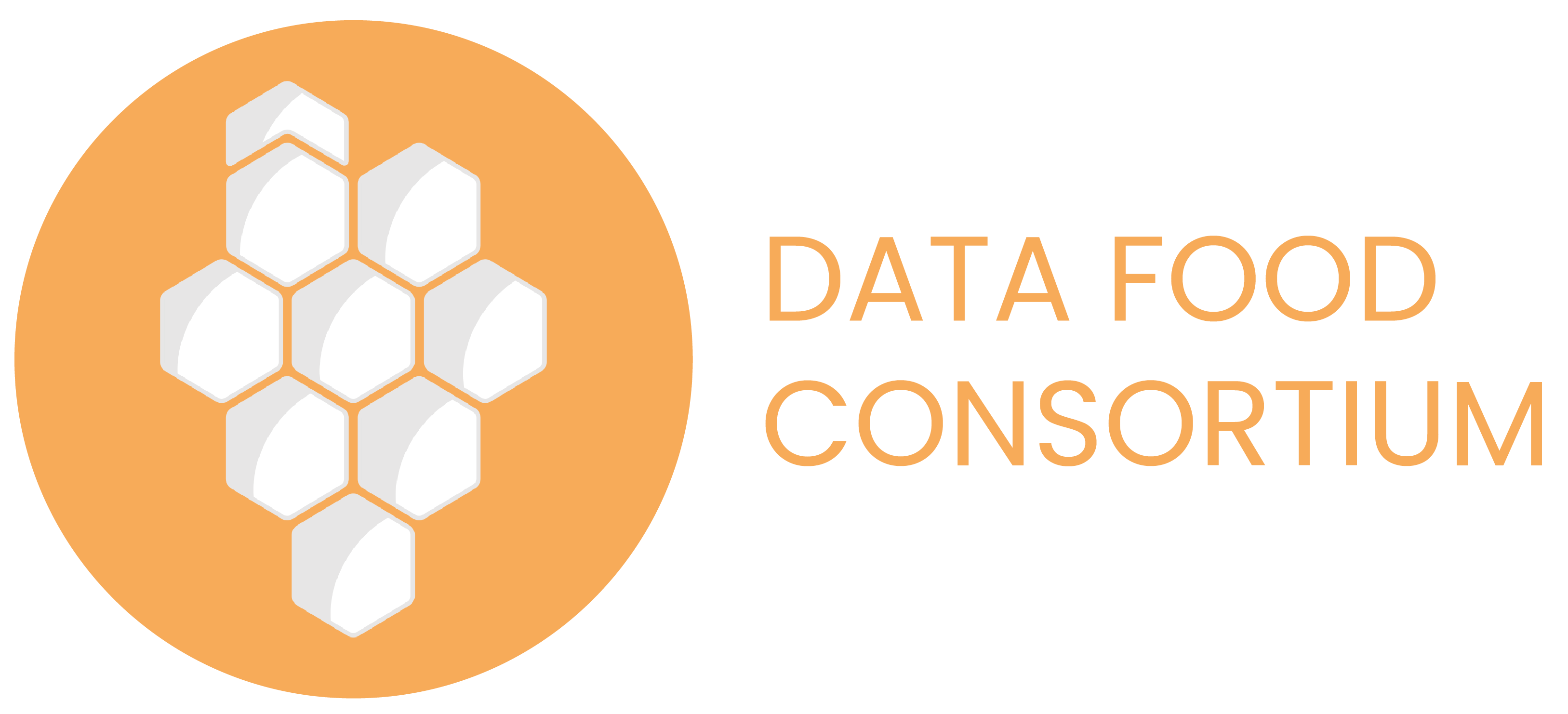CHOOSING AN OPEN STRANDARD
To make different platforms communicate (in other words, to make them “interoperable”), we studied 3 solutions:
- connect platforms one by one thanks to a translator (API)
- agree on a de facto standard
- or develop an open standard as a common (chosen solution).
Here are our findings (don't worry we won't get too much into technical details):
CONNECT PLATFORMS ONE BY ONE

When two human beings do not speak the same language, they often use an interpreter or translator.
Likewise, software can connect via an API (Applications Programming Interface) that translates language data from one platform to another.
But this solution quickly encountered some limits.
If it is a question of translating only two languages between them, that can still work but when one multiplies the human languages or the languages of the software, the translations (or the development and the maintenance of the API in the case of the software) require a lot of time and budget that is not always available. It's as if you had to find and then pay for an interpreter for each pair of people speaking a different language: you risk ending up with many interpreters!
Platforms are like human beings: they are numerous, speak many languages and to make many “speakers” communicate with each other, it is easier, faster and less expensive to use a common language for everyone: a standard.
Agreeing on a common language (or a standard) then leads us to choose between two solutions: a de facto standard or an open standard managed as a common.
AGREE ON A DE FACTO STANDARD

This solution comes down to choosing as the common language the already existing language of a platform in place.
It is the same idea as choosing English as the universal common language for all human beings.
This is certainly practical and quick to set up, since the language already exists, but it creates inequalities and power issues. We can see, moreover, with the adoption of English as an international standard, the advantage that this brings to English-speaking countries and the handicap with which non-English speakers have, who must learn English in order to be able to communicate with others.
In the digital world, as in the physical world, there are real political and democratic issues behind standards. Whoever defines or owns the standard has the power.
DEVELOP AN OPEN STANDARD AS A COMMON

The members of the Data Food Consortium, driven by values that are both pragmatic and democratic, have chosen to jointly define an open standard at the center to connect the platforms to each other.
Our open standard is a common way of describing production, distribution in short supply chains and data exchange protocols so that each actor only has to learn this common language to be in able to communicate with everyone (without denying their own language).
Our standard is made of:
- semantic specifications (product ontology et business ontology )
- technical specifications (technical ontology)
